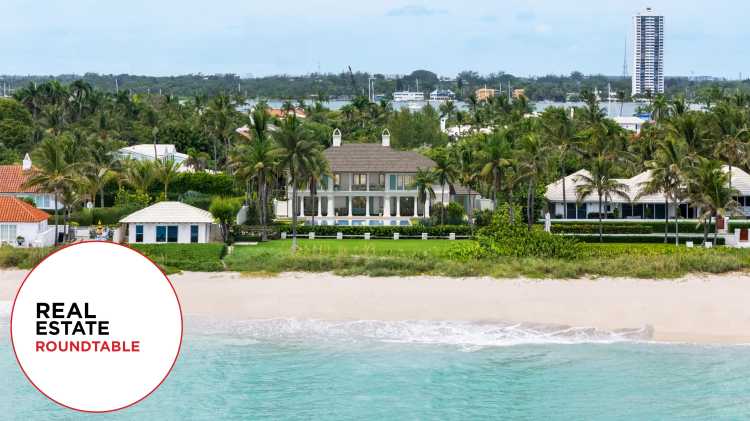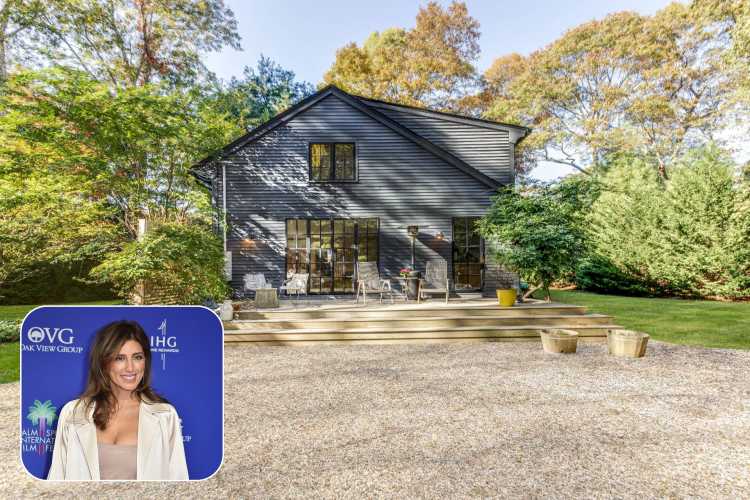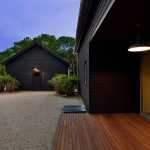With home prices soaring on the East End, Assemb. Fred Thiele (I-Sag Harbor) has sponsored a bill that would enable the five towns to create loan programs to help first-time buyers. The Community Housing Revolving Loan Funds would provide home loans to buyers that would not have to be repaid until the properties were sold; then, one-quarter of the profit would have to be paid back. Funding would come from a half-percent tax on sales of $1 million and above in Southampton, East Hampton, and Shelter Island; the threshold would be $750,000 in Riverhead and Southold. The program would be available to one- or two-person households making less than $132,960 and three or more person households making less than $155,120.
We were concerned about the $1 million limit. It seemed low to us, so we asked Assemb. Thiele about it. He replied, “According to data from Douglas Elliman and Miller Samuel, the median closing price on the South Fork for the 4th quarter of 2017 was $995,000. On the North Fork the median closing price was $597,000. That means that roughly half the sales on the South Fork would pay no tax at all. On the North Fork more than half would pay no tax.”
We’re also concerned about the tax burden in addition to the mansion tax and the CPF funding, as well. Mr. Thiele pointed out, “I sponsor legislation with Senator Golden from Brooklyn that would repeal the mansion tax. At a minimum the exemption level should be increased from $1 million, which was set in 1989. This tax goes into the state general fund. Long Island and NYC pay a disproportionate amount of the tax and we get no real tangible benefit from it unlike the CPF or the proposed Housing Fund.
“The CPF exemption level is $250,000 on the South Fork and Shelter Island and $150,000 on the North Fork. This [new] proposal [offers] substantially higher exemptions at $1 million and $750,000, respectively. On a $2 million deal, the mansion tax would be $20,000. The CPF tax on the South Fork would be $35,000. On the North Fork it would be $37,000. If this bill was enacted, the additional tax on the South Fork would be $5,000. On the North Fork it would be $6,250. In short, on the South Fork the total transfer tax would go from $55,000 to $60,000. On the North Fork it would go from $57,000 to $63,250.”
When he puts it that way, it really doesn’t seem like much more money at all. Thiele added, “The level of the exemption is open to discussion. The data indicates that the proposed exemptions are a good starting point. The levels set in the study bill are based on current data that indicates that more than half of the home sales on the East End would pay nothing. The 0.5% surcharge would add $5,000 to a $2 million closing.”
And what about the benefits he foresees? “For the real estate industry as a whole, the Housing Fund will stimulate the market by putting a home within the reach of more East Enders. More potential buyers are good for the market, especially at a time when the cap on the deductibility of state and local taxes and mortgage debt will make home ownership more expensive for first time home buyers. Further, once they are in the market, many will ultimately be able to move up to bigger homes in the future,” he says. “Every additional expense creates a burden. However, the burden is offset by the number of new residents who will be able to enter the market, benefitting the industry. More buyers…. more sales. While the high end of the market generates an incredible economic benefit for the region, we also need a strong middle class to work on Main Street, teach in our schools, work in the hospital, join the fire department, etc. Obviously, benefits will accrue to the community as whole because local people will be able to work and live here.”
What do you think of the proposal? Let us know in the comments or shoot us an email if you’d like to remain anonymous.






















